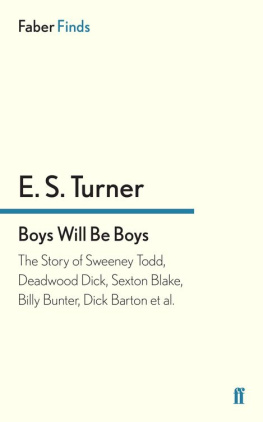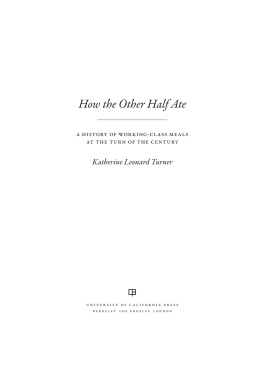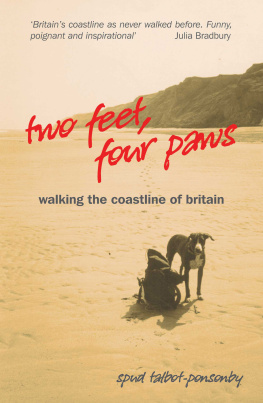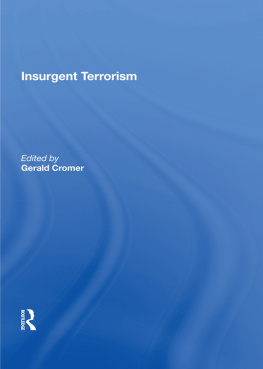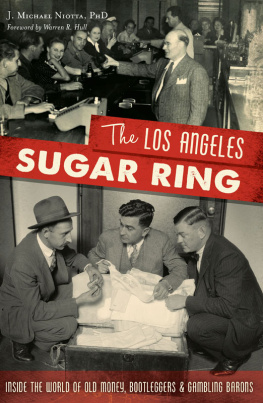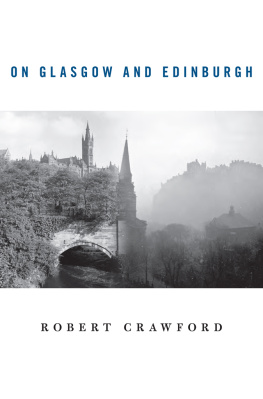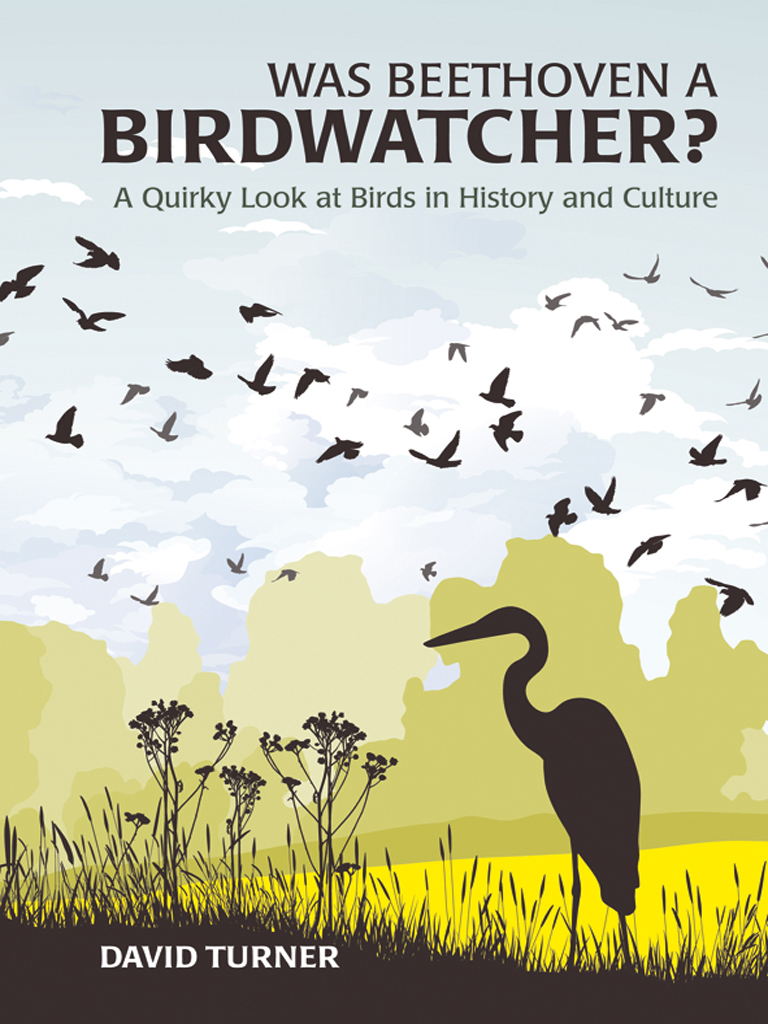
WAS BEETHOVEN A
BIRDWATCHER?
A Quirky Look at Birds in History and Culture
DAVID TURNER
WAS BEETHOVEN A BIRDWATCHER?
Copyright David Turner, 2011
Illustrations by Joe Beale at Pickled Ink.
All rights reserved.
No part of this book may be reproduced by any means, nor transmitted, nor translated into a machine language, without the written permission of the publishers.
The right of David Turner to be identified as the author of this work has been asserted in accordance with sections 77 and 78 of the Copyright, Designs and Patents Act 1988.
Condition of Sale
This book is sold subject to the condition that it shall not, by way of trade or otherwise, be lent, re-sold, hired out or otherwise circulated in any form of binding or cover other than that in which it is published and without a similar condition including this condition being imposed on the subsequent publisher.
Summersdale Publishers Ltd
46 West Street
Chichester
West Sussex
PO19 1RP
UK
www.summersdale.com
Printed and bound in Great Britain
eISBN: 9780857653369
Substantial discounts on bulk quantities of Summersdale books are available to corporations, professional associations and other organisations. For details contact Summersdale Publishers by telephone: +44 (0) 1243 771107, fax: +44 (0) 1243 786300 or email: .
INTRODUCTION
I dont want to snipe, but the sight of politicians auspiciously hawking new policies by flying kites for them on the evening news makes me want to ululate and Im not larking about. Theyre a bunch of overpaid woodcocks, as greedy as gannets and they should be at home by that time of night if they want to avoid being cuckolded, as my friend Mavis (more of whom later) points out.
Im not talking cockney rhyming slang although I will be later, to tell you how East Enders pressed the humble sparrow into service to enrich the local argot. Im simply using the language of birds, which has been pressed into service for centuries to enrich Britains vocabulary.
Its a great pity that the average well-educated person knows a good deal less about the countrys birds than he or she did a hundred years ago, when the bulk of the population lived nearer to the land. Although Britain was already heavily industrialised by that stage, its towns and cities had not swelled into todays sprawls, which have left urban dwellers so isolated from many of the sights and sounds of nature. Birds have left their traces in words and expressions, but often we are unaware of the origins of this vocabulary. Their song has been eulogised by the great poets, but because we no longer know the voices of individual birds, it is very difficult to appreciate the writing they inspired. To forget about birds is to take one more step towards alienation from our own language and culture.
This book tries to redress this quite recent dearth of bird knowledge by taking a look at some of the most interesting birds in Britain and elsewhere in the world. But it has another purpose too: to reveal the surprisingly important role that the bird kingdom has played in the world of humans in history and in culture.
Ive done this by choosing seventy-six birds and devoting an essay of two or three pages to each, In many cases the bird in the title illustrates a broader point about birds or humanity, so I might start by talking about one bird and go on to talk about another.
Ive divided the birds into eight categories, most of which are self-explanatory, but I should explain the last three. Many birds can sing but songsters have a particularly pleasant song which is worth listening to and I have made myself the judge and jury on whether a bird merits inclusion in this section (with the aid of a little guidance from a Mr Wordsworth and a Mr Shelley, acting in an advisory capacity and with no claim on my royalties). All the songsters are in the group known as the passerines, or perching birds, an order, or super-family, of birds, that accounts for a little over half the known species in the world. They include most small land birds, like sparrows and finches. Other perching birds that dont have outstanding voices but have a different reason to be interesting are in a category of their own, in this book. Maverick birds are species that defy categorisation. One example is the hoatzin of South America, which isnt closely related to any other birds at all. Another is the corncrake, which can be heard in Scotland and Ireland. It is a type of rail, but unlike most rails shows no interest in getting its feet wet, so Ive put it in this category because its a bold bird that dares to flout rail convention.
So read on if you want to know which bird started a war, which won a war, which became a gay icon, which was kept as a pet by Mozart, and which lent its song to a symphony by Beethoven. For centuries birds have provoked diplomatic incidents and invoked flights of genius by poets and musicians. Now its time to have a bit of fun seeing the extraordinary, and often surprising, role which theyve played for centuries in the affairs of humanity from ancient creation myths and cave paintings to the fateful spring day in 2010 when a bird upstaged the two most powerful men in Britain.
Note: For ease of reading, one-word bird names e.g. robin, swift, bee-eater, megapode, are not capitalised, notwithstanding that bird guide books would have them capitalised.
All other bird names are capitalised e.g. Northern Bald Ibis, Song Thrush, Herring Gull, including, for the sake of consistency to the reader, full capitalisation of hyphenated names e.g. Red-Legged Partridge, Edible-Nest Swiftlet, Rough-Faced Shag, notwithstanding that most bird guide books would have the latter displayed as e.g. Red-legged Partridge.
FLIGHTLESS BIRDS
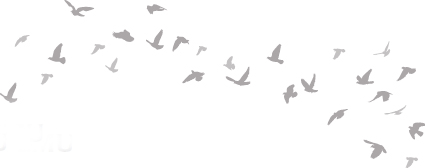
EMU
Fatherhood but not as we know it
Spare a sympathetic shudder for the hard-pressed male emu, the ultimate henpecked, cuckolded, devoted dad.
After the emu chicks are born, the father spends eight weeks incubating and protecting the eggs, with a fidelity that passes beyond the bounds of even his most attentive human counterpart. He hardly ever eats, drinks or even defecates, but survives by descending into a kind of stupor, letting his body temperature drop by 4C to avoid losing liquid. Phew. Not even David Beckham, the unsurpassable New Man, can compete with that. Where is the mother, you are probably asking by this stage? The terrible truth is that she is roaming around another part of Australia looking for a new partner. Emus, like a small number of other species, are polyandrous, a scientific way of saying that it is the women who have all the fun just like the female Red-Necked Phalarope, which enjoys Highland flings in the north of Scotland.
The modern male emu, staggering around after this two-month stint, can at least be thankful that life is not as bad as it was for his ancestors in the 1930s. Unlike them, he does not have to dodge bullets in addition to desisting from defecation. The emu is one of the few birds in history on which a countrys army has ever declared war: annoyed by trampled crops, farmers persuaded the government to send an artillery squad to eradicate the emus of Western Australia.





